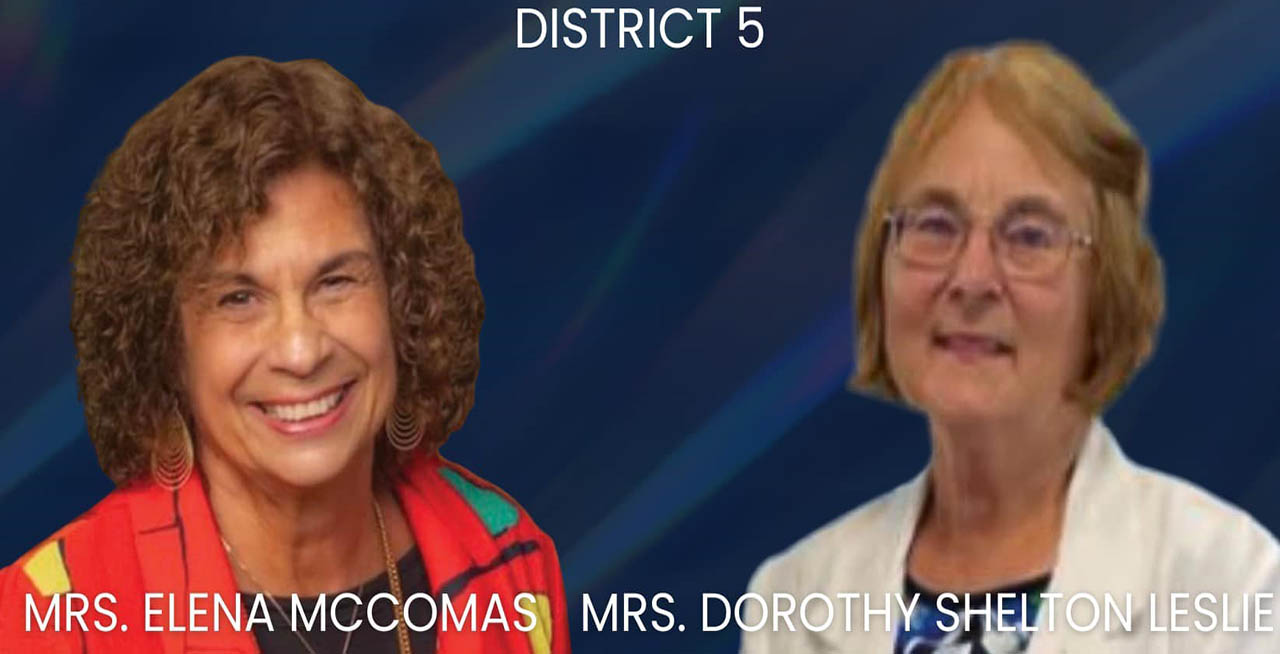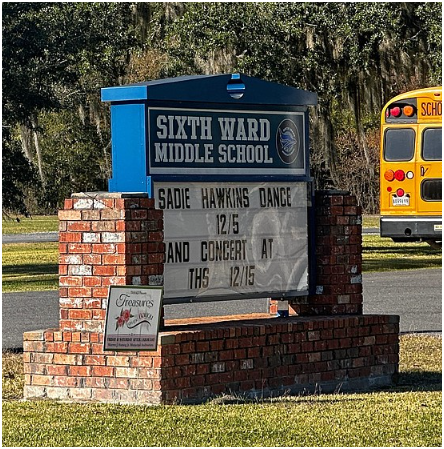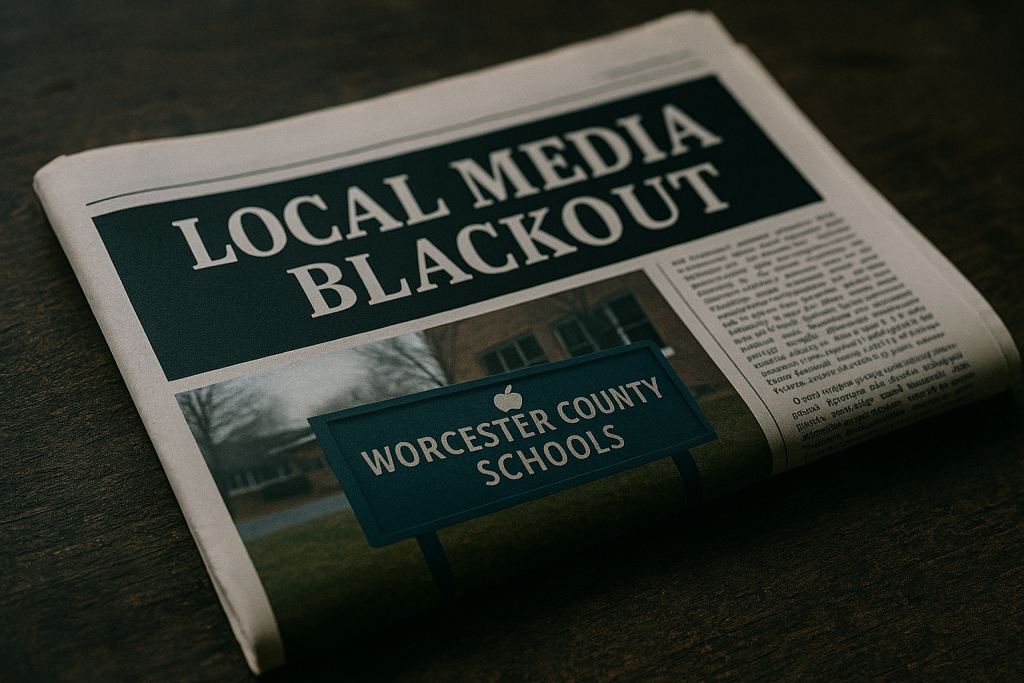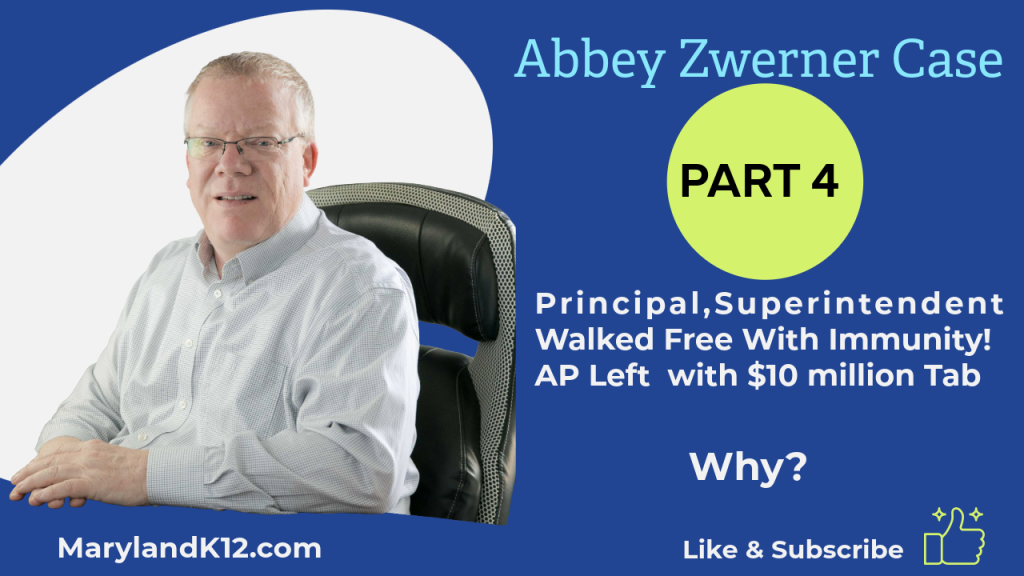

Elena McComas Wins Reelection: What’s Next for Worcester County Schools?
The Worcester County Board of Education District 5 election was a closely contested and significant race that drew attention to some very important issues in education. Incumbent Elena McComas was reelected with 54% of the vote, a victory that highlighted her ability to connect with the community and communicate her past successes for WCPS as a board member. Her challenger, Dorothy Shelton-Leslie, received 45% of the vote. This is testament to the strength of her campaign and the resonance of her message with a substantial portion of District 5 voters.
Elena McComas ran a disciplined and strategic campaign, emphasizing her experience and her understanding of the board’s responsibilities and limitations. She successfully articulated the challenges facing the board and the school system. Her support from teachers and community leaders further solidified her campaign, showcasing the trust she has built during her time on board. McComas consistently pointed out that many of the concerns raised by her opponent fell under the jurisdiction of state or federal policy, not local governance. This clarity in messaging likely helped solidify her base of support.
Dorothy Shelton-Leslie, however, ran a strong campaign that cannot be overlooked. Her platform brought several important issues into the spotlight, issues that clearly resonated with a large portion of the electorate. Concerns about policies related to gender identity, athletic participation, library materials, and school safety sparked significant debate and dominated the discussion. While some of these issues were framed in ways that may have oversimplified their complexity, they reflected genuine discomfort and frustration within the community. Her ability to galvanize nearly half of the voters demonstrated that her message was compelling and her concerns widely shared.
The election revealed considerable tension and a disconnect that is becoming increasingly apparent in many of Worcester County’s communities. In terms of politics and voter registration, Worcester County is generally a conservative county with 45% of voters registered as republican, and 31% registered as democrat (the rest include independent, libertarian, and other political parties). The conservative nature of our community often finds itself at odds with Maryland’s more liberal state government. This tension between the community’s conservative values and broader state or federal policies seems to be on the rise.
This divide was evident not only in the school board election but also in broader voting patterns. For instance, Worcester County overwhelmingly supported Donald Trump in the elections with 60% of the vote, while the state as a whole leaned heavily democratic with more than 50% of the vote going to Kamala Harris. Larry Hogan carried Worcester County by 70% and decisively lost the race for Senate. These dynamics create difficult challenges for local leaders, especially those serving on the school board. Plain and simply, the money comes from the state.
As a lifelong educator, I understand the difficulties the board faces in navigating these issues. Federal and state mandates leave little room for flexibility, particularly on topics like gender identity and civil rights. However, the board cannot and should simply ignore these issues, and write them off as politcally motivated. It has a responsibility to address the community’s concerns and to educate the public about the constraints under which it operates. Transparency and proactive communication are essential. The concerns raised by Shelton-Leslie’s campaign—whether about bathroom access policies, fairness in sports, or the appropriateness of certain library books—are not easily solved, but they cannot be ignored. These issues reflect the values and priorities of many residents, and finding ways to engage with them meaningfully is critical for maintaining trust and credibility. When the board ignores or otherwise dismisses these concerns as politically motivated, it is seen as an attempt to insulate itself from scrutiny.
This election also highlighted the cultural and political dynamics that influence how the board is perceived. While the school board is often viewed as a more liberal entity, many of the communities it serves tend to approach issues from a conservative perspective. This divergence contributes to misunderstandings and tensions that must be addressed to create greater collaboration and unity.
Both candidates deserve recognition for the campaigns they ran. Elena McComas’s victory is a clear mandate to continue her work on the board. She is a staple in our community and well-liked by anyone who knows her. It is equally important, however, to acknowledge the valid concerns raised by Dorothy Shelton-Leslie and her supporters. These issues will likely remain part of public discourse, and the board would do well to engage with them openly and constructively.
Reflecting on this election, I am struck by the passion and investment of the Worcester County community in the success of our schools. Many communities look at local school board elections as an afterthought. No so in Worcester County.
Elections are not just about winning or losing; they are opportunities to listen, learn, and grow together. Congratulations to Elena McComas on her reelection and to Dorothy Shelton-Leslie for running a campaign that sparked meaningful conversations about our schools. As the board moves forward, it is my hope that these conversations will lead to greater understanding and progress.
If you’d like to share your thoughts on this election or discuss these issues further, I invite you to reach out. Together, we can explore how to ensure that our schools continue to reflect the values and priorities of our community.
Dig Deeper With Our Longreads
Newsletter Sign up to get our best longform features, investigations, and thought-provoking essays, in your inbox every Sunday.
The MEN was founded by John Huber in the fall of 2020. It was founded to provide a platform for expert opinion and commentary on current issues that directly or indirectly affect education. All opinions are valued and accepted providing they are expressed in a professional manner. The Maryland Education Network consists of Blogs, Videos, and other interaction among the K-12 community.











